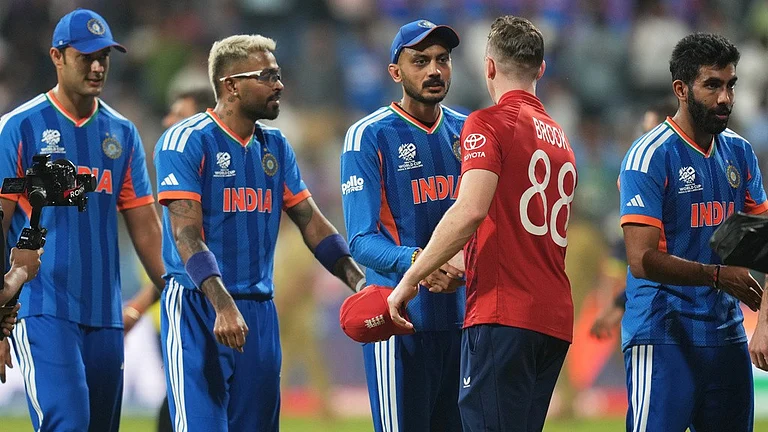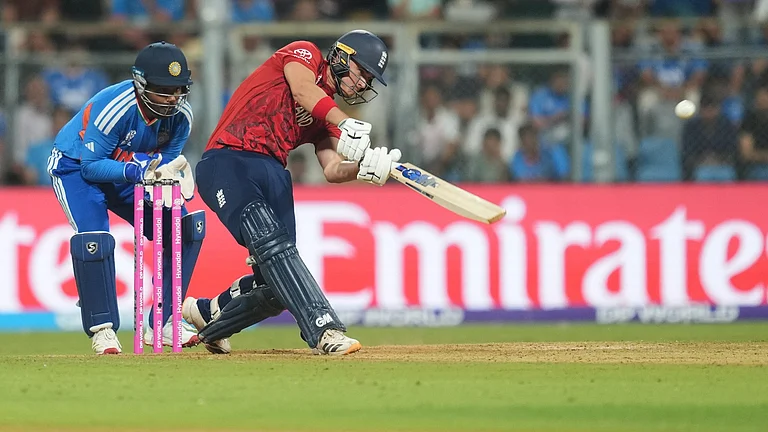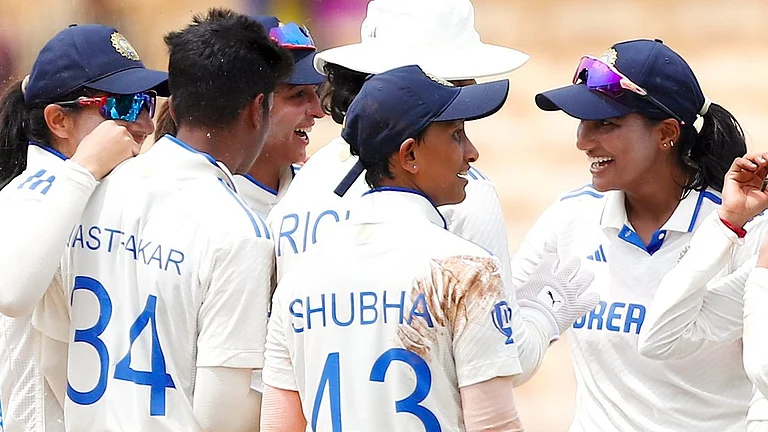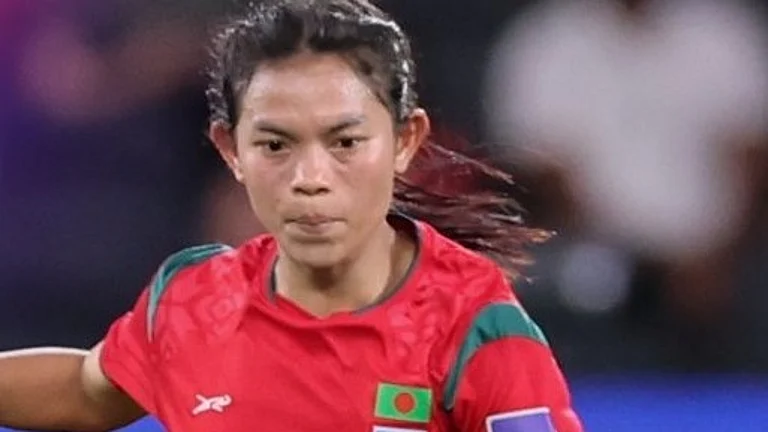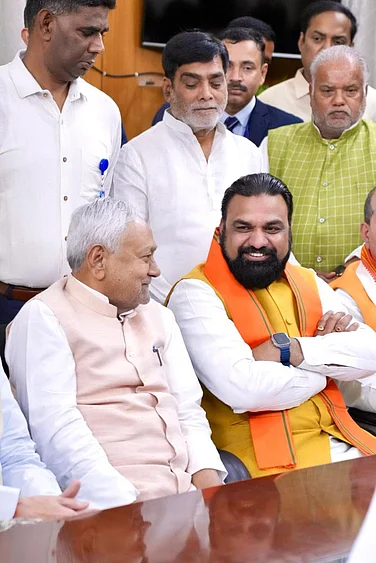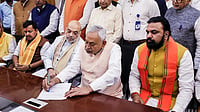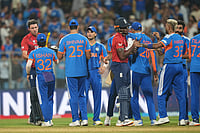Four years since the central government took away Jammu and Kashmir’s special status and statehood, bifurcating it into two union territories of J&K and Ladakh, the Supreme Court on Monday upheld the Centre's decision to abrogate Article 370, stating that it was a temporary provision due to war conditions in the region. The court ordered the restoration of statehood in Jammu and Kashmir at the earliest, directing the Election Commission of India to ensure elections are held by September 30, 2024.
Reading out the judgement, Chief Justice of India DY Chandrachud said that the Supreme Court bench has three separate judgments to pronounce on the issue based on three opinions. While one judgement is for himself, Justice Suryakant and Justice BR Gavai, Justice Sanjay Kishan Kaul and Justice Sanjeev Khanna have authored two separate concurring opinions for themselves, he said.
Here are the key takeaways:
Article 370 Was Temporary
Upholding the Centre's controversial decision on the validity of Article 370, the CJI said that the Constituent Assembly of J&K was never intended to be a permanent body and when it ceased to exist, the special condition for which Article 370 was introduced ceased to exist.
Jammu and Kashmir does not have internal sovereignty different from other states of the country and "all provisions of the Indian Constitution can be applied to J-K," the CJI said. "We hold the exercise of presidential power to issue constitutional order abrogating Article 370 of Constitution as valid," he declared.
Justice SK Kaul, in concurring judgment with CJI, said that the purpose of Article 370 was to slowly bring Jammu and Kashmir at par with other Indian states. The requirement of J&K constituent Assembly's recommendation in Article 370 cannot be read in a manner that makes the larger intention redundant, he added.
J&K Statehood To Be Restored
The Supreme Court bench paved way for the restoration of the statehood of Jammu and Kashmir. "We direct that restoration of statehood in Union Territory of J&K shall be done at the earliest," CJI Chandrachud said, directing the ECI to take steps to conduct elections of the Jammu and Kashmir Assembly by September 30 next year.
Meanwhile, in his concurring judgment, Justice Khanna directed the setting up of a 'truth-and-reconciliation commission' to probe human rights violations both by the state and non-state actors. Justice Kaul emphasised the importance of healing wounds and addressing inter-generational trauma by acknowledging past violations committed by the State and its actors.
Underscoring the need for transparency and accountability, he said, "Truth-telling paves a way for reconciliation."
Ladakh To Remain A Union Territory
While the top court ordered the restoration of J&K statehood, it upheld the validity of the decision to carve out the Union Territory of Ladakh.
Within a year of the repeal of Article 370, the political landscape of Ladakh underwent significant changes, although the region initially celebrated the decision. Sajjad Kargili, a prominent leader of the Kargil Democratic Alliance told Outlook that in Ladakh, especially in Kargil, people were against the bifurcation of Jammu and Kashmir and the removal of Article 370. He was among the first petitioners challenging the Article 370 abrogation in the Supreme Court.
On August 5, 2019, in a parliamentary decision, the Centre decided to end the special status conferred to Jammu and Kashmir under Article 370 and passed The Jammu and Kashmir Reorganisation Act, 2019, which separated Ladakh region from the erstwhile state.
The apex court was hearing a batch of 23 petitions challenging the abrogation of Article 370, including that by the National Conference party of Jammu and Kashmir. A five-judge bench of the top court had reserved its verdict on the petitions on September 5 after conducting daily hearings on the matter from August 2. The petitioners have argued that Article 370 cannot be abrogated unilaterally by the Centre, stating that the powers of the Constituent Assembly were vested in the J&K legislature after it was dissolved in 1957.
Nearly all major opposition leaders in Jammu and Kashmir were either detained or put under house arrest almost immediately after the abrogation of Article 370.



